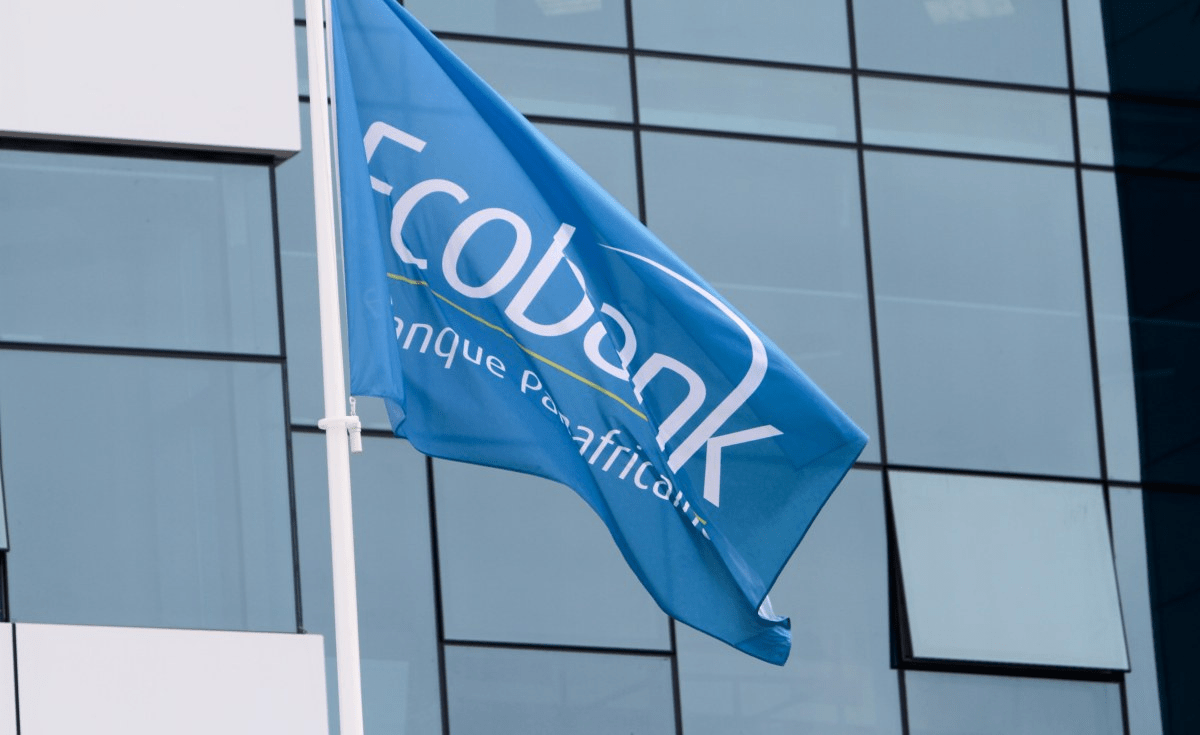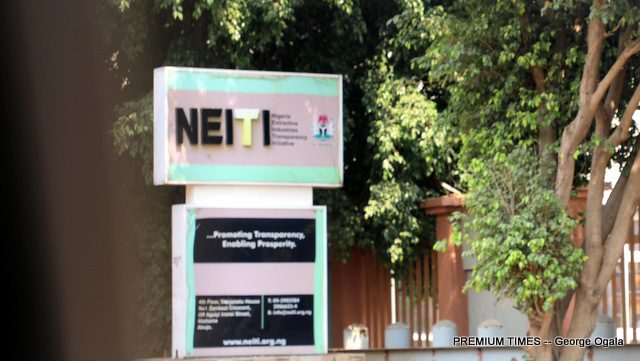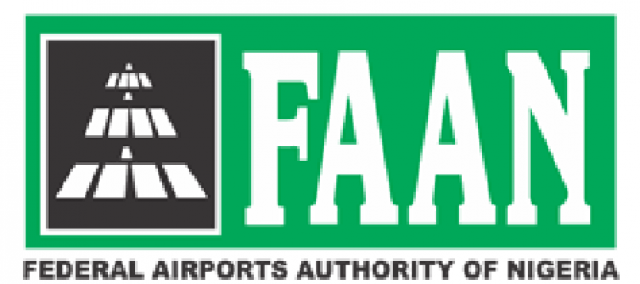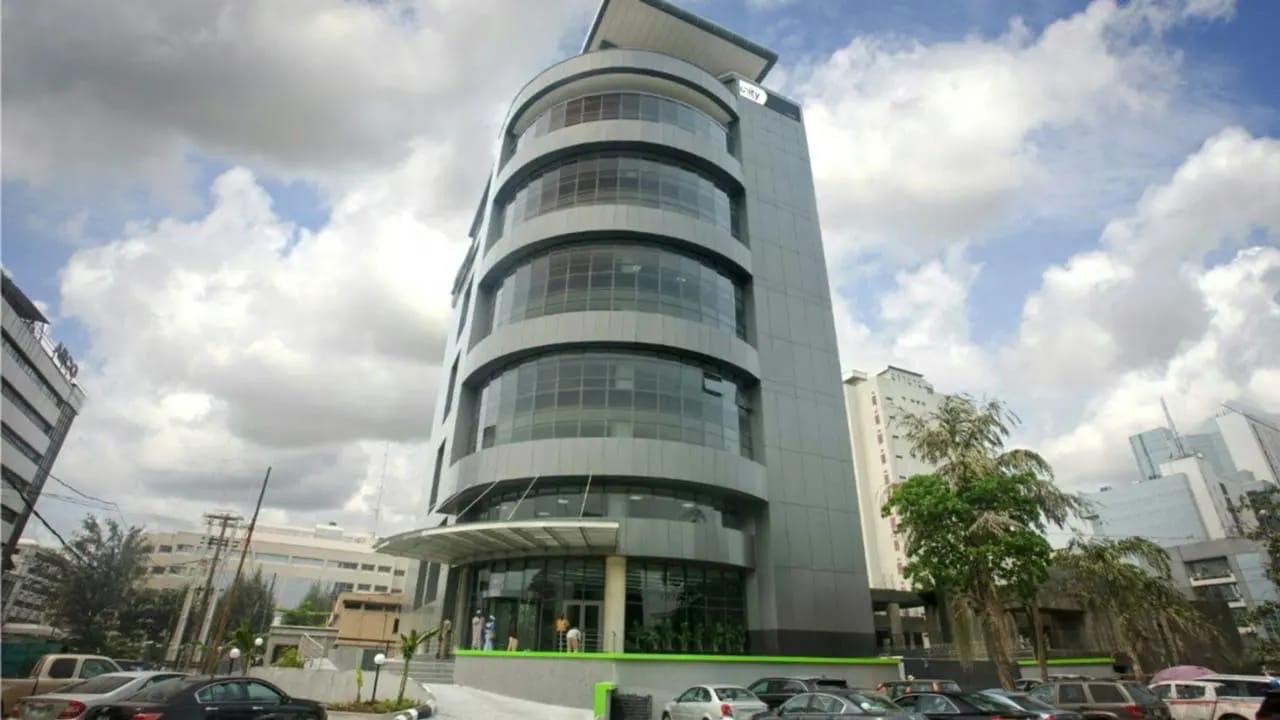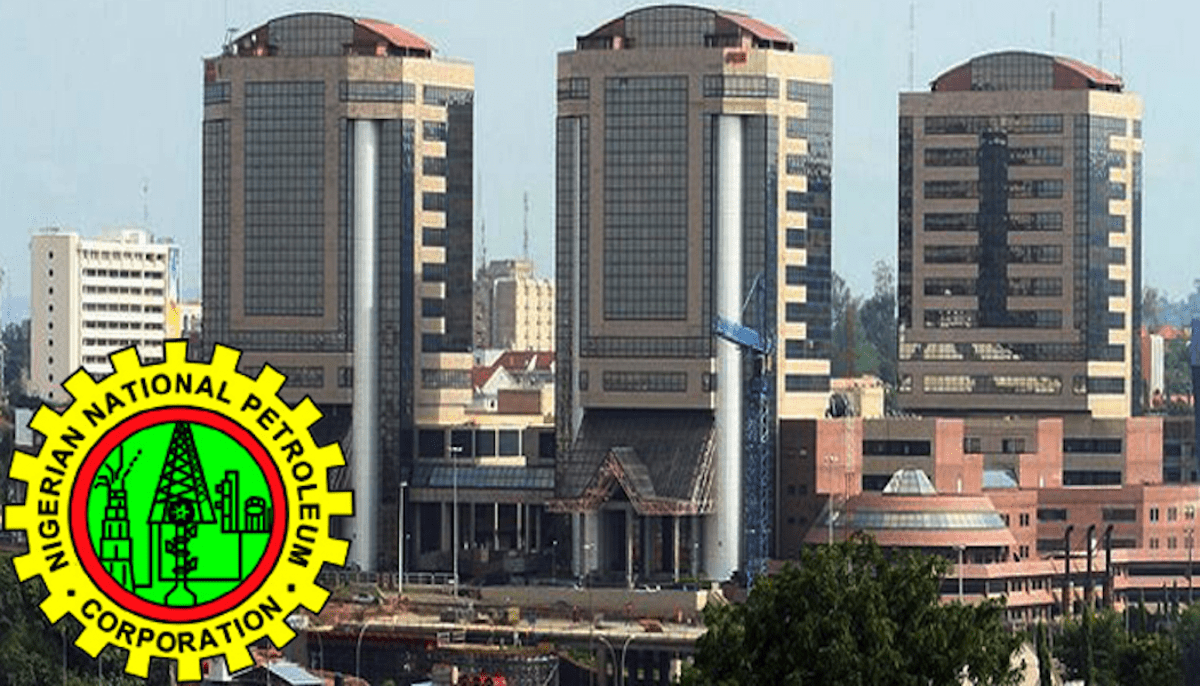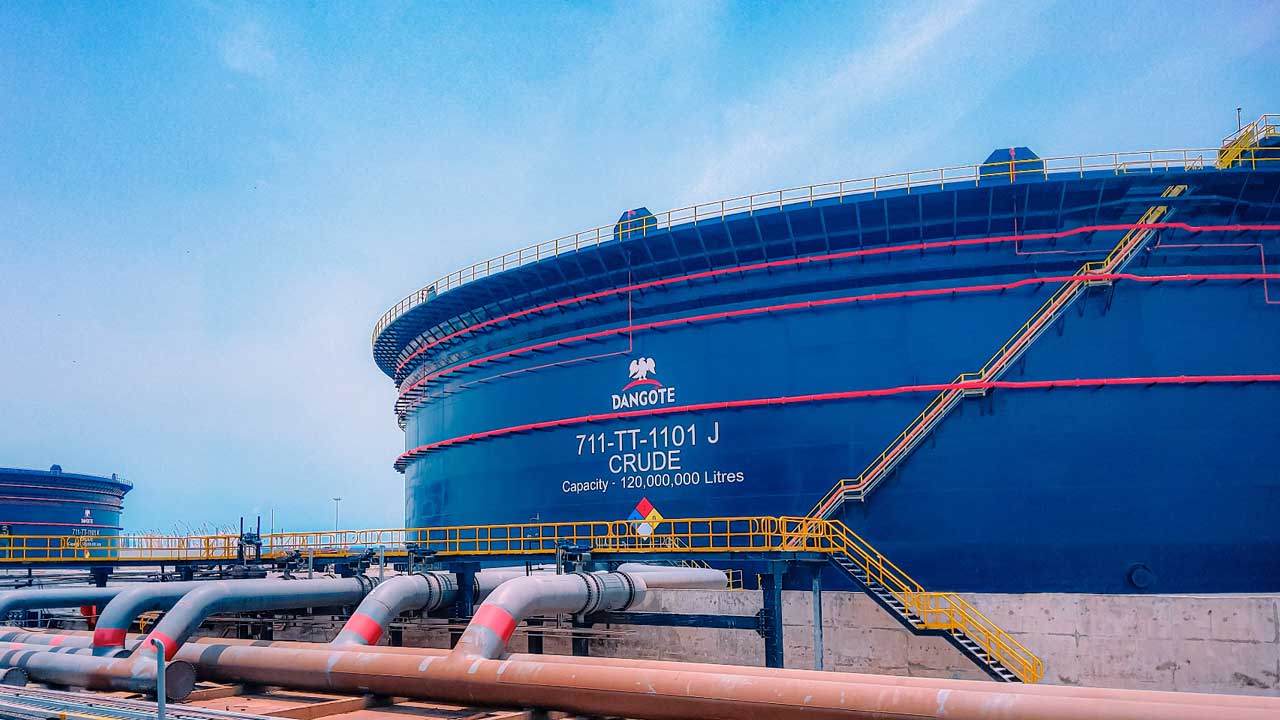*Ojulari lauds Ogoni re-entry, acknowledges NSA’s role
*$5bn Train 7: NLNG, NCDMB celebrate 122 graduates of HCD advanced training programmes
Emmanuel Addeh in Abuja and Peter Uzoho in Lagos
The Nigerian National Petroleum Company Limited (NNPC) yesterday announced a cumulative remittance of N8.86 trillion to the Federation Account between January and July 2025, underscoring its growing role as the country’s fiscal anchor despite persistent industry challenges.
This emerged as the Nigeria Liquefied Natural Gas Limited (NLNG), in collaboration with the Nigerian Content Development and Monitoring Board (NCDMB), disclosed that they have achieved a major milestone in the Nigerian Content development commitment, with the close-out of the $5 billion Train 7 Project Human Capital Development (HCD) Advanced Training Programme.
According to the NNPC’s Monthly Financial and Operations Report for August 2025, the company also declared a profit after tax of N539 billion for the month, backed by steady crude oil and gas output, stronger product availability, and improved operational efficiency across its facilities.
This was an increase against the N185 billion declared in July, but a slump from the N905 billion declared for its June operations and a further drop from the N1.054 trillion recorded in the previous month of May.
Besides, Nigeria’s crude oil and condensate production averaged 1.65 million barrels per day in August, representing a 2.9 per cent dip from July’s 1.70 million bpd.
From January to August, output fluctuated between 1.57 million bpd and 1.70 mbpd, reflecting the lingering impact of pipeline disruptions, crude theft, and deferred production linked to scheduled and unscheduled maintenance. The upstream pipeline availability was nevertheless strong, averaging 96 per cent in August.
In sales terms, crude oil and condensate exports reached 22.37 million barrels in August. This was lower than the 25.49 million barrels sold in July, a decline of 12.2 per cent month-on-month. However, on a cumulative basis, NNPC has sustained an average of 22.8 million barrels per month in 2025, keeping foreign exchange inflows relatively stable.
Gas production remained robust, hitting 6,949 million standard cubic feet per day (mmscf/d) in August. This represented a 10 per cent decline from the July peak of 7,722 mmscf/d but was broadly in line with the year’s performance trajectory.
Gas sales stood at 4,201 mmscf/d for August. This was lower than the 4,978 mmscf/d posted in July, reflecting lower offtake by some power and industrial customers. On a year-to-date basis, sales averaged 4,400 mmscf/d, ensuring steady gas-to-power supply for Nigeria’s electricity grid.
Total company revenue for August was N4.655 trillion, contributing to the N8.86 trillion already remitted to the federation account between January and July. This remittance is significant, representing about 24.3 per cent of Nigeria’s projected 2025 budget revenue.
In the downstream, NNPC Retail stations reported 76 per cent Premium Motor Spirit (PMS) availability across the country, showing marked improvement from early-year shortages.
A geographic distribution map in the report revealed wider product penetration in the North Central, North West, and South West regions, although pockets of low supply remain in parts of the North East.
Progress was also reported on key national energy infrastructure. Construction on the Ajaokuta-Kaduna-Kano (AKK) Gas Pipeline advanced, with multiple fronts recording tangible work, while the Obiafu-Obrikom-Oben (OB3) Gas Pipeline achieved 96 per cent completion, with gas already flowing through commissioned portions.
The company explained that production setbacks in some months were mainly due to scheduled Turnaround Maintenance (TAM) at certain joint venture-operated assets, aligned with Nigerian Upstream Investment Management Services (NUIMS) oversight.
Beyond its core energy business, NNPC Foundation intensified its public impact initiatives. In August, the foundation concluded its 2025 Batch B Stream 1 NYSC financial literacy and entrepreneurship training programme. The exercise reached 60,821 participants across 36 states and the FCT, providing basic knowledge in financial management, savings, and small enterprise development.
Additionally, 141 undergraduates benefited from capacity development in agribusiness and renewable energy under its partnerships with youth-focused organisations.
The N8.86 trillion remittance over seven months highlighted NNPC’s crucial contribution to Nigeria’s fiscal stability at a time when non-oil revenues remain underperforming. On a monthly average, the company has transferred about N1.27 trillion to the Federation Account, ensuring that federal, state, and local governments can meet recurrent obligations.
However, the drop in August production raises concerns about the sustainability of revenues going into the final quarter of 2025, especially given rising capital and social spending needs. Maintaining output near the 1.7 million bpd level and stabilising gas sales will be critical to sustaining the revenue flow.
Meanwhile, the NNPC has said the re-entry into Ogoniland marks a historic turning point for Nigeria — not just in terms of oil production, but more broadly in the spirit of attracting responsible investment, and ensuring that community development is at the heart of national progress.
The Group Chief Executive Officer of NNPC, Bayo Ojulari, described the development a reaffirmation of the company’s unwavering commitment to the Ogoni re-entry plan and a bold step towards justice, healing, and national prosperity. He emphasised that the re-entry demonstrates that Nigeria can confront its past, honour the sacrifices of its communities, and forge a new path with a vision of prosperity and justice for all.
“The re-entry into Ogoniland is not just about oil and gas. It is about justice, healing, and charting a new future for our nation,” Ojulari said, according to a statement by the NNPC spokesman, Andy Odeh.
Ojulari acknowledged the pivotal leadership of the National Security Adviser (NSA) Mallam Nuhu Ribadu, in convening a committee that brought diverse stakeholders together, creating the platform for dialogue and consensus that made this breakthrough possible.
He also praised the work of Prof. Don Baridam and members of the Presidential Committee, who engaged tirelessly and transparently with all relevant parties to produce a report that tells a story of fairness and inclusivity that will ultimately bring closure and renew hope for the Ogoni people and all Nigerians.
Ojulari was categorical that in resuming operations in Ogoni, the NNPC would continue to build trust by prioritising community engagements with key stakeholders, investing in infrastructure, and empowering local enterprise.
In the meantime, the NLNG in collaboration with the NCDMB, have achieved a major milestone in the Nigerian Content development commitment, with the close-out of the $5 billion Train 7 Project HCD Advanced Training Programme.
The close-out ceremony held at the plant complex in Finima, Bonny Island in Rivers State was a lead up to the official ending of the programme on 30th September 2025 with the departure of the trainees from its plant facility.
The NCDMB and NLNG announced this yesterday in a joint statement co-signed by
the Manager, Corporate Communications and Public Affairs at NLNG, Anne-Marie Palmer-Ikuku and the General Manager, Corporate Communications, NCDMB, Dr Obinna Ezeobi.
The HCD programme, run under the guidance of the NCDMB, is a federal government initiative introduced to build capacity for the oil and gas industry and fulfil the Nigerian Oil and Gas Industry Content Development (NOGICD) Act’s requirement on human capital development.
According to the statement, a total of 122 trainees, having completed prior HCD Basic Training Programmes, were approved by the NCDMB, to participate in the rigorous three-month on-the-job training (OJT) within NLNG facilities, covering both graduate and vocational categories.
The partners said the training programme focused on development of technical expertise in plant and facility management, amongst other competencies, has positioned the trainees to take advantage of future opportunities within the oil and gas industry.
Speaking at the ceremony, the NLNG Train 7 Project Director, Ali Uwais, represented by the NLNG Train 7 Project Corporate Liaison Manager, Joshua Anemeje, described the advanced training programme as a testament of the resilience, discipline, and growth of the trainees.
He congratulated the trainees for their commitment to excellence and urged them to take advantage of future opportunities within the oil and gas industry.
Uwais encouraged the graduates to leverage their skills to create value in Nigeria’s energy sector and beyond.
He added that the investment in building their skills was made by the Federal Government of Nigeria via the NLNG Train 7 Project Human Capital Development Programme for which they are expected to take maximum advantage.
In his comments, NCDMB’s General Manager, Human Capital Development, Esueme Dan Kikile, expressed delight on the conclusion of the training programme, which produced a pool of skilled and globally competitive workforce, knowledgeable in key areas such as instrumentation, electrical, mechanical, lifting and rigging activities, and fabrication, preventive and corrective maintenance, and can compete globally in the oil and gas industry and its linkage sectors.

